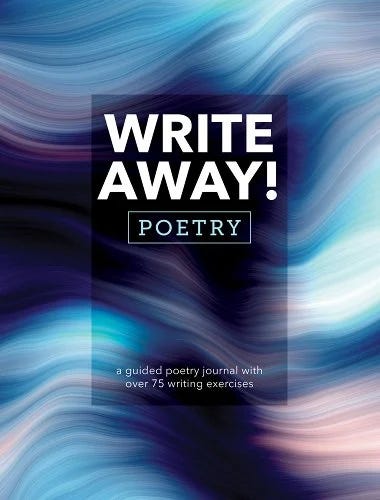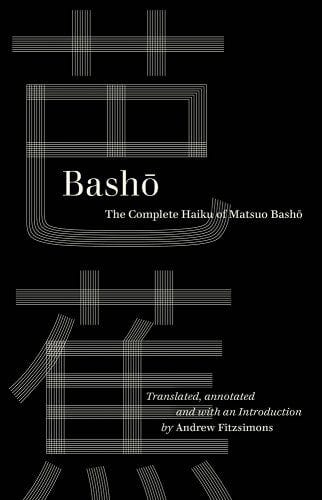Poetry is an interesting art form. It can stir the soul, excite our senses, or drive a person to reflect on the words the writer shared. Others have applied this form in sharing news of current events. They bring issues to light with metaphors that interest the mind.
So then the question remains, where can we discover inspiration for writing poetry?
Nature and The Outdoors
We'll first head to an often overlooked resource filled with wonders, mother nature. While we live in a busy world, we neglect our surrounding scenes. If we'd slow down for a moment and observe, we have books of poetry to record.
The changes in the seasons and its vivid colors make for beautiful prose. Or seascapes with a sunset as waves crash against the shores. A delightful scene ready to be written. And, if we zero in on the neglected details, the pen can weave new worlds we ignore daily. Everything from the little ant who brings food home to its clan, or the delicate blossom as the bees dance upon her petals to collect pollen.
buzzing all around —
she dances on the flowers
gathering pollen— by Kev, Haiku
No matter where our gaze takes us in nature, a poem awaits. All we must do is slow down and observe its beauty as we embrace our senses. It’ll open our world to share the smallest details, which goes unnoticed.
Human Emotions & Experiences

Our human experience holds a treasure trove of poetic prose we can tap into at any time. We can draw from the love we feel towards our significant other. Or observations of those around us. To share these experiences and feelings through words, we can experiment with metaphors. It gives us the ability to express those little moments we capture in a glance in new and thought-provoking ways.
So when a little writing encouragement is needed, look around and consider how the experiences or events witnessed, pull on our heartstrings. Then we can convert them to stanzas and be amazed at the outcome.
Personal Reflections

The world within us offers a plethora of writing material. Our thoughts, memories, and personal reflections serves as a fountain of inspiration for poetry. These observations allow us to express our inner most feelings with others. It offers our unique perspectives and insights into how we view the world.
But, even more than our feelings, let’s not forget about how we view the surrounding objects. Maybe we notice a vase in a window and want to express its form, the vibrant colors, or a memory it resonates from our past. No matter what the reflection, our pens can capture these beautiful images in poetic form.
One example which comes to mind is from the master of Haiku. He took the mundane and turned the scene into words of enchantment.
The old pond,
A frog jumps in:
Plop!— Matsuo Bashō
From this brief poem, the picture unfolds through the observation he made many centuries ago.
When we sit and reflect on the world and the memories within, it not only inspires us in the creation of new work, it allows for self-reflection and discovery. It unveils truths rooted deep in our minds that give us the ability to shed light on the human psyche and the physical world.
Conclusion: A World of Inspiration Awaits

In closing, I hope these few areas will help drive inspiration and the encouragement to write every day. With each new memory, experience or object seen in nature, a poem waits for the world to read.
The next time a little motivation is desired, we only need to look to our senses and engage. We can explore our inner world and embrace the beauty and wonder around us.
From this day forward, let the magic of inspiration guide our pens!
Happy writing,
Kevin
Editor & Founder of Written Tales







